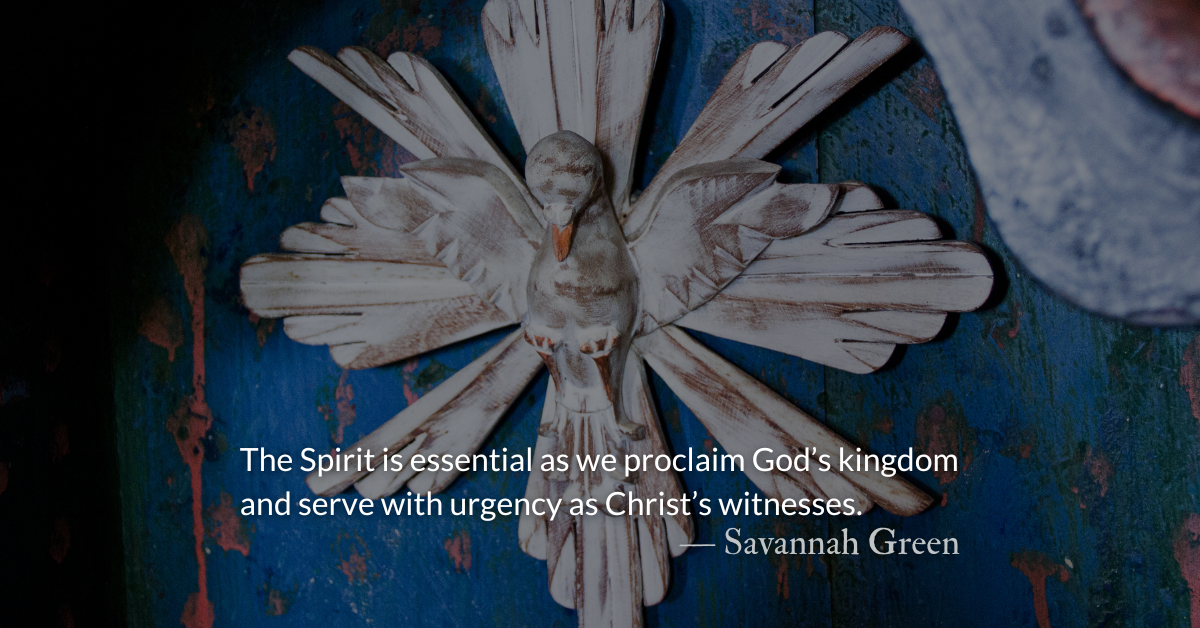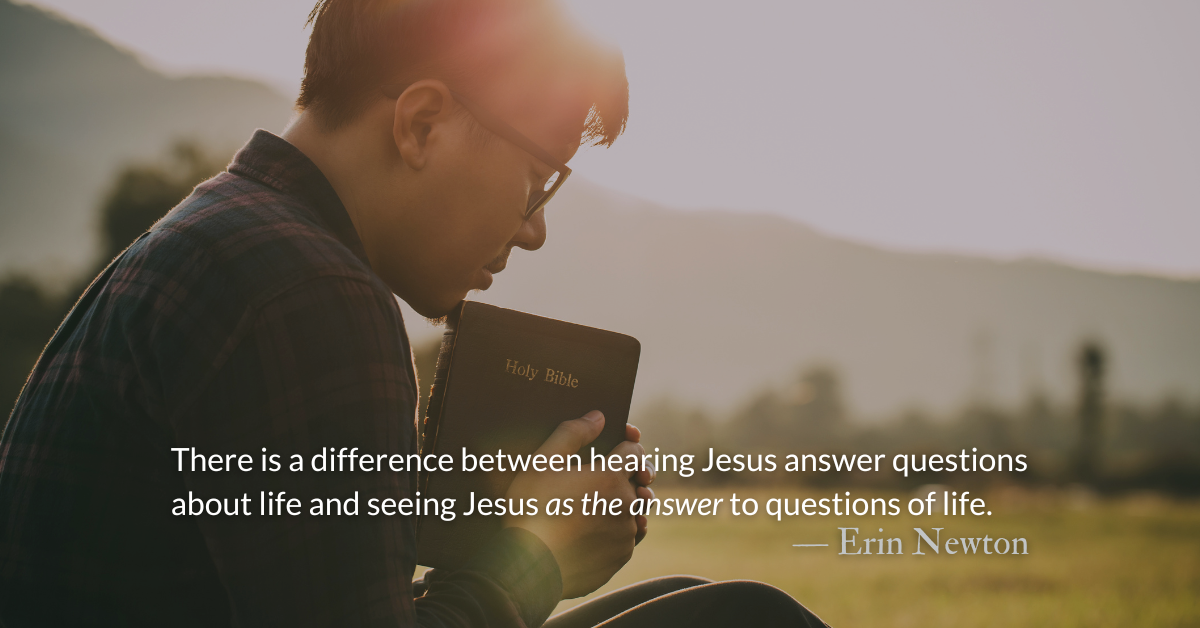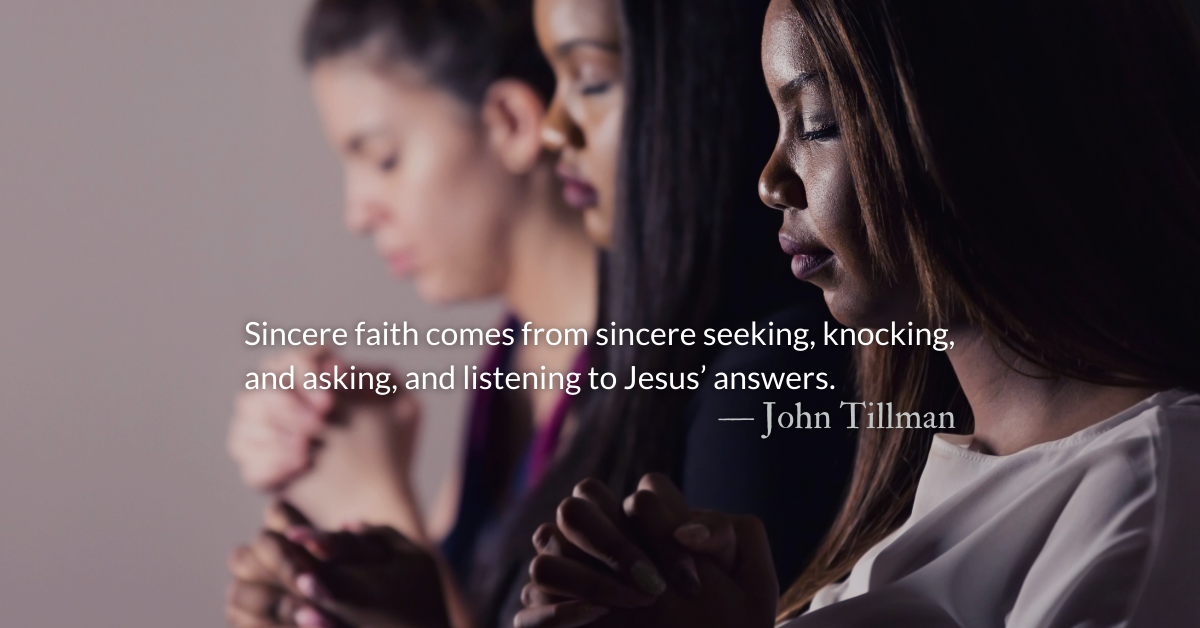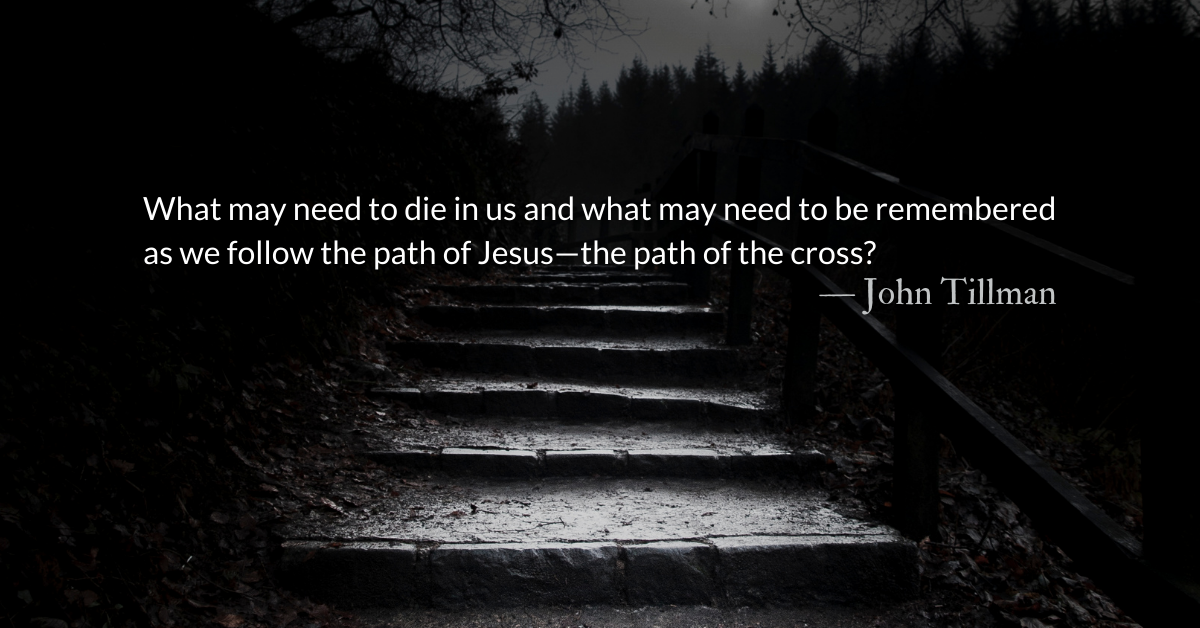Scripture Focus: Acts 1.3-8
3 After his suffering, he presented himself to them and gave many convincing proofs that he was alive. He appeared to them over a period of forty days and spoke about the kingdom of God. 4 On one occasion, while he was eating with them, he gave them this command: “Do not leave Jerusalem, but wait for the gift my Father promised, which you have heard me speak about. 5 For John baptized with water, but in a few days you will be baptized with the Holy Spirit.”
6 Then they gathered around him and asked him, “Lord, are you at this time going to restore the kingdom to Israel?”
7 He said to them: “It is not for you to know the times or dates the Father has set by his own authority. 8 But you will receive power when the Holy Spirit comes on you; and you will be my witnesses in Jerusalem, and in all Judea and Samaria, and to the ends of the earth.”
From John: Student Writers month is here! Between today, July 15, and continuing through August 10th, you’ll be hearing from ministry students. These students have joined our program to receive free writing coaching, seminars by special guests, and the experience of working for a ministry client. Not only will you be blessed by their writing, you have the opportunity to bless them. Approximately 90% of donations to The Park Forum during this time will be directed to scholarships/stipends for these talented students. Give during this time to support our ministry and theirs.
Reflection: Patience and Urgency
By Savannah Green
The Holy Spirit. A member of the Trinity, a gift to believers, and yet often a mystery. We hear the phrases, “The Spirit told me…” and “Where is the Spirit leading us?” in Christian communities. But what do we mean when we say this? Do we know what we are saying? Do we know the power of the Spirit working inside of us?
Acts 1:3-8 takes place between the resurrection and ascension of Christ. Jesus, we see in verse 3, appeared many times to the disciples over a span of 40 days. When Jesus was with the disciples, there was one thing he spoke of often: the kingdom of God.
In verses 4-5, Jesus tells the disciples to wait for the Holy Spirit. They must remain in Jerusalem until they are baptized with the Spirit. When the disciples expected commands of action for the kingdom of God, Jesus commanded them to wait.
The disciples were in waiting. They were in anticipation. They hoped for restoration of the earthly kingdom of Israel, but Jesus spoke of something else. He spoke of a spiritual restoration of the kingdom where God reigns over the hearts of women and men. Spiritual restoration requires the Holy Spirit, the main character in Acts. Throughout this book, we see how the Spirit transforms the disciples’ perspective of the kingdom of God. Jesus redirects the disciples’ away from earthly power. Now, the disciples wait for the Holy Spirit, anticipating a spiritual kingdom.
But why wait? Perhaps the disciples wondered why they must wait to begin proclaiming the kingdom. Isn’t this good news worth sharing now with urgency?
Urgency needs guidance and power. “But you will receive power when the Holy Spirit comes upon you…” The Holy Spirit empowers kingdom proclamation and service. The gospel is worth sharing now with urgency, The Spirit fuels the urgency to witness to others.
We can hear the command “you will be my witnesses” just as the disciples did. Letting the Spirit shape our lives testifies to God’s reign over our hearts. This is not something we can do on our own. Jesus’ command to wait reveals the necessity of the Spirit. The Spirit is essential as we proclaim God’s kingdom and serve with urgency as Christ’s witnesses.
Divine Hours Prayer: A Reading
Jesus taught us, saying: “I am the true vine, and my Father is the vinedresser. Every branch in me that bears no fruit he cuts away, and every branch that does bear fruit he prunes to make it bear even more. You are pruned already, by means of the word that I have spoken to you.” — John 15.1-3
Today’s Readings
Isaiah 43 (Listen – 4:06)
Acts 1 (Listen – 3:58)
Read more about Fruitful in Suffering
We can be fruitful in the land of our suffering, not by our own cleverness, craft, or scheming, but by the Holy Spirit.











